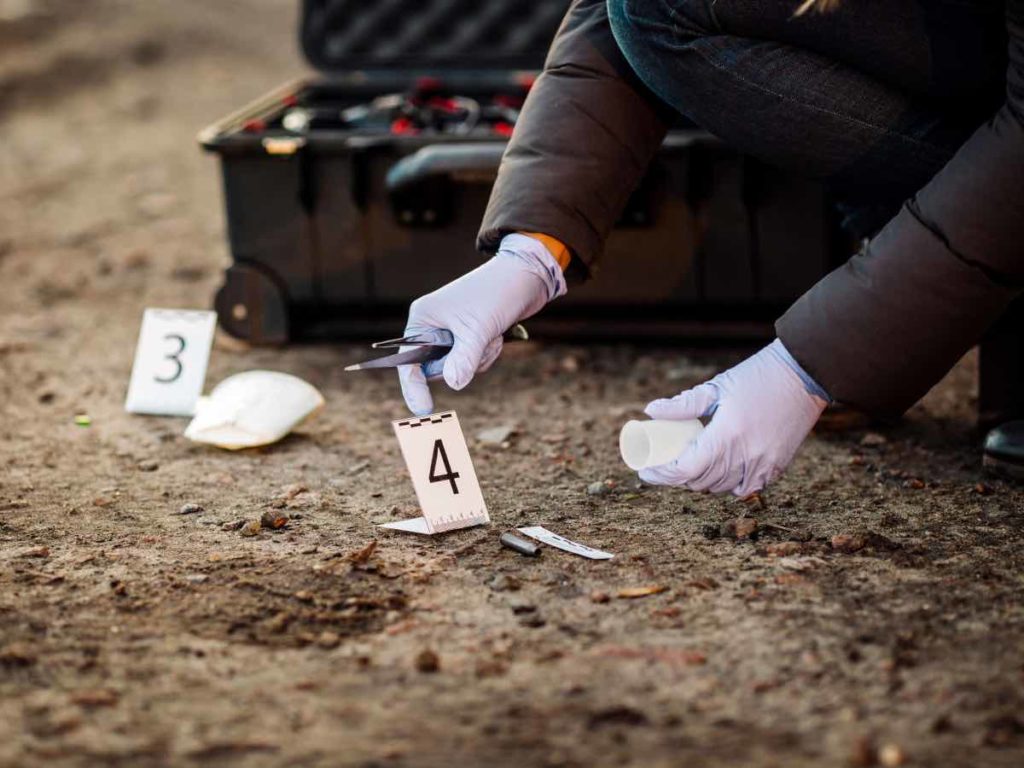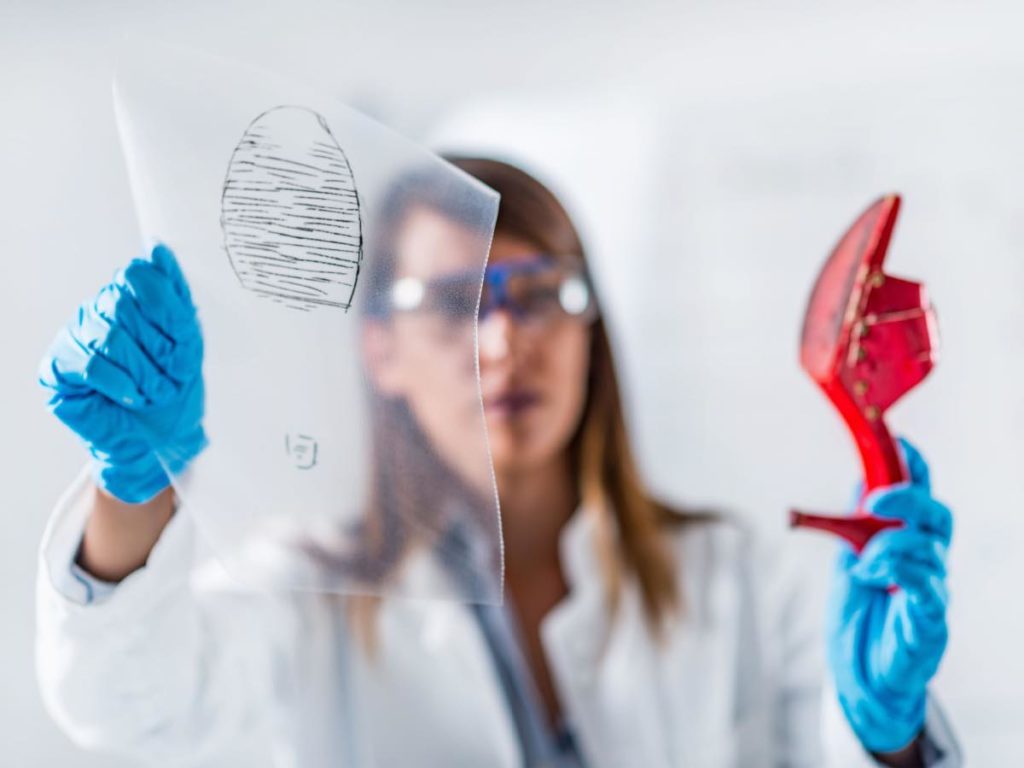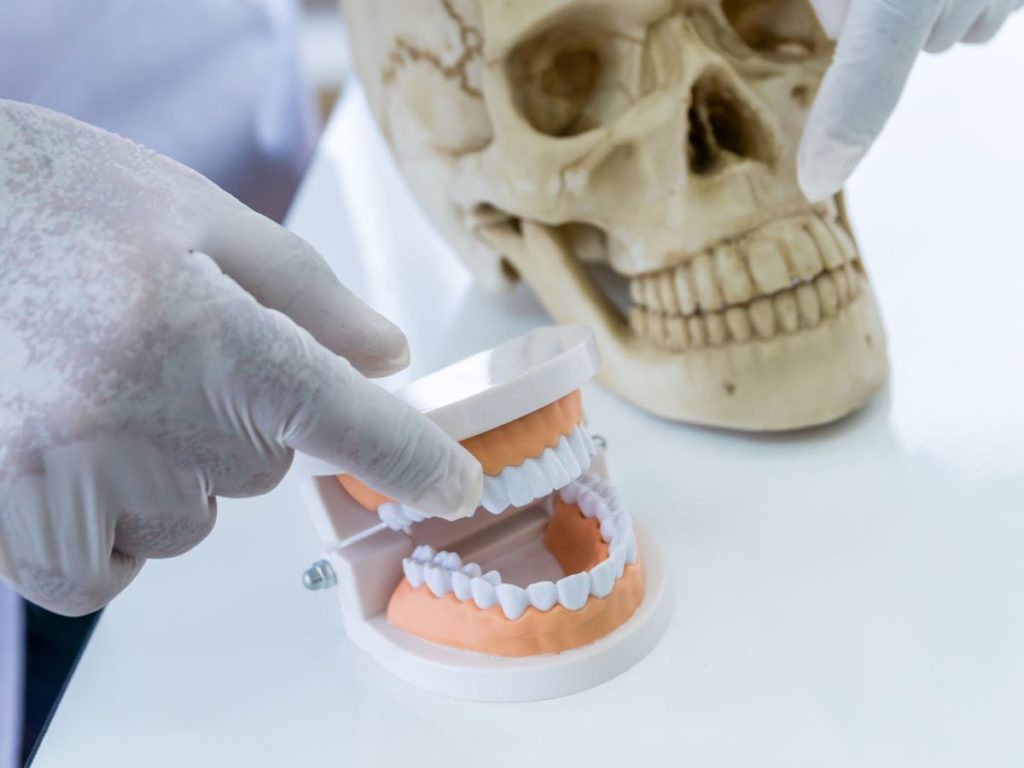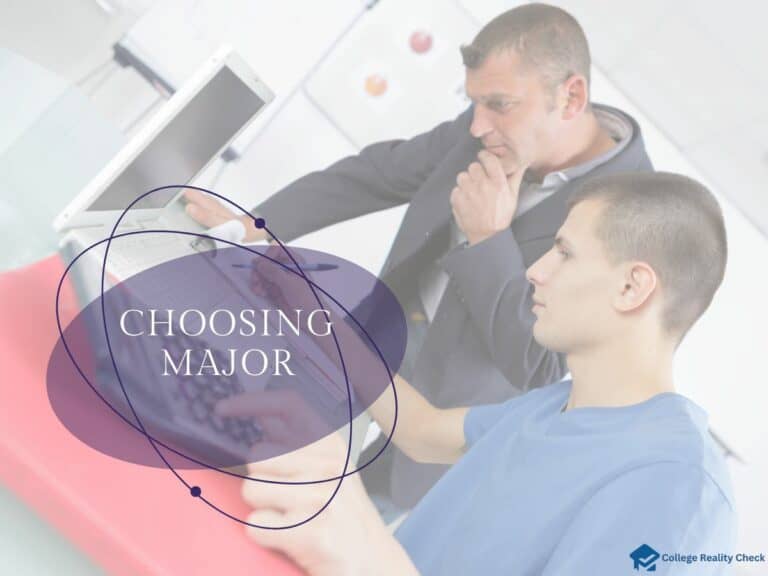Beyond TV Dramas: The Real-Life Thrills of Forensic Science Careers
Criminals will keep committing crimes.
Therefore, the need to send wrongdoers behind bars and serve justice to the oppressed will never come to an end — the planet will always warrant the expertise of people working in the criminal justice system.
Many career options are available for those who want to help solve crimes.
Forensic science is a wonderful career for you if you are interested in collecting, examining, and analyzing pieces of evidence to aid in investigations and closing cases.
Crime scenes and laboratories will be your workplaces.
You may choose to be a generalist who performs everything from taking snapshots of crime scenes to analyzing collected evidence or concentrating on an area of your choosing to make the most of your specialization.
As a forensic scientist, you will make more than the average for all occupations per year.
Money isn’t everything — it’s a rewarding career that is instrumental in safeguarding community members and helping to make sure to meet the legal needs of everyone.
Job opportunities are diverse, too, leaving room for career growth and challenging yourself.
However, it’s not uncommon for forensic scientists to work long hours and be on call since crimes can happen anytime. The nature of their work can be very stressful and, in many instances, dangerous.

Making More Money Than Most Others? Guilty!
The US Bureau of Labor Statistics (BLS) says the national average annual salary for all workers is $46,310.
Forensic scientists in the country make roughly 38% more: $63,740 per year.
Of course, how much money you will make yearly as a forensic scientist will depend on various factors. They include your work experience, position, industry, and geolocation.
Speaking of which, forensic scientists in Oregon earn the most in the United States: $93,900 per year.
That’s 82% higher than the average annual salary for forensic scientists in the country and around 103% higher than the national average annual salary for all domestic workers!
Here are a few other top-paying states for forensic scientists:
| State | Average Annual Salary |
|---|---|
| California | $93,630 |
| Illinois | $91,380 |
| Massachusetts | $87,500 |
| New York | $82,100 |
The industry where forensic scientists work in also affects how much money they make.
Forensic scientists in the federal government, such as those working for the National Institute of Justice (NIJ) and the Federal Bureau of Investigation (FBI), are the most highly paid ones, receiving an average of $114,000 per year.
Below are some other top-paying industries for forensic scientists:
| Industry | Average Annual Salary |
|---|---|
| Medical and surgical hospitals | $83,350 |
| Employment services | $72,960 |
| Local government | $71,030 |
| State government | $67,320 |
Evidence of Various Career Opportunities Available
Picture a forensic scientist at work.
Like most people, what you have in mind is someone who heads to crime scenes to analyze the area and collect evidence, which needs examination to determine what happened and who the suspect is.
The individual is a forensic science technician.
Forensic science technicians may choose to work only in the field, collaborating and coordinating with law enforcement personnel and various specialists, depending on the crime at hand.
They may also choose to work only in laboratories, analyzing specimens and linking them to criminal activity.
Indeed, there are many career opportunities available for forensic science technicians.
Deciding which forensic science career you should choose entails considering several factors, such as your educational credentials, specialization, experience, and interests.
The following are some of the most popular career options for forensic scientists:
- Arson investigator
- Certified fraud examiner
- Computer forensics
- Criminalist
- DNA analyst
- Fingerprint technician
- Forensic accountant
- Forensic anthropologist
- Forensic autopsy technician
- Forensic biologist
- Forensic chemist
- Forensic manager
- Forensic nurse
- Forensic pathologist
- Forensic psychologist
- Forensic sketch artist
- Forensic structural engineer
- Information security analyst
- Law enforcement officer
- Penetration tester

Despite TV shows and movies depicting the profession as one-dimensional, forensic science is, in fact, a broad career that offers room for exploring various opportunities within the industry and climbing the job ladder.
According to the BLS, forensic scientist employment is expected to grow 13% within the decade.
The said projected job growth rate is faster than the national average for all occupations: 3%.
Every year, around 2,600 job openings are available for forensic scientists, resulting from the need to replace professionals who grab other career opportunities or exit the labor force, such as retiring.
Investigating How to Become a Forensic Scientist
Typically, a person looking to have a career in forensic science needs to have a bachelor’s degree.
Of course, the obvious choice is a degree in forensic science.
However, there are other scholastic avenues toward being a forensic scientist, depending on the individual’s intended specialization and career, which is why mapping out a career path beforehand is crucial.
Some of the degree programs you may also consider enrolling in are:
- Computer forensics
- Digital forensic science
- Forensic anthropology
- Forensic accounting
- Investigative forensics
- Physical science
You can also work in the industry by earning a general science-related degree such as biology or chemistry.
According to Niche, the following are the top ten best colleges with a forensic science program:
- University of Texas at Austin
- Texas A&M University
- University of Central Florida
- Penn State
- CUNY – John Jay College of Criminal Justice
- Syracuse University
- Eastern New Mexico University
- University of Nebraska – Lincoln
- Saint Louis University
- Loyola University Chicago

Forensic science degrees on an associate level are also an option for those who like to enter the industry in two years or use them as a stepping stone to a four-year degree.
However, while associate degree holders in forensic science can find jobs in government agencies, law enforcement, and crime labs, most opportunities for them are limited to entry-level technician or assistant positions.
Here are some schools offering an associate degree in forensic science:
- Amarillo College
- City College of San Francisco
- CUNY – Kingsborough Community College
- De Anza College
- Fox Valley Technical College
- Ogeechee Technical College
- Oklahoma State University
- Paradise Valley Community College
- Phoenix College
- Wayne Community College
Some of the highest-paid forensic scientists have a master’s degree.
With more in-depth knowledge in the discipline, those with a master’s degree in forensic science (or a closely related area of study) are eligible for specialized roles and managerial positions.
Read Next: Is Nutrition a Good Major?
Disclaimer: The views and opinions expressed in this article are those of the authors and do not necessarily represent those of the College Reality Check.





